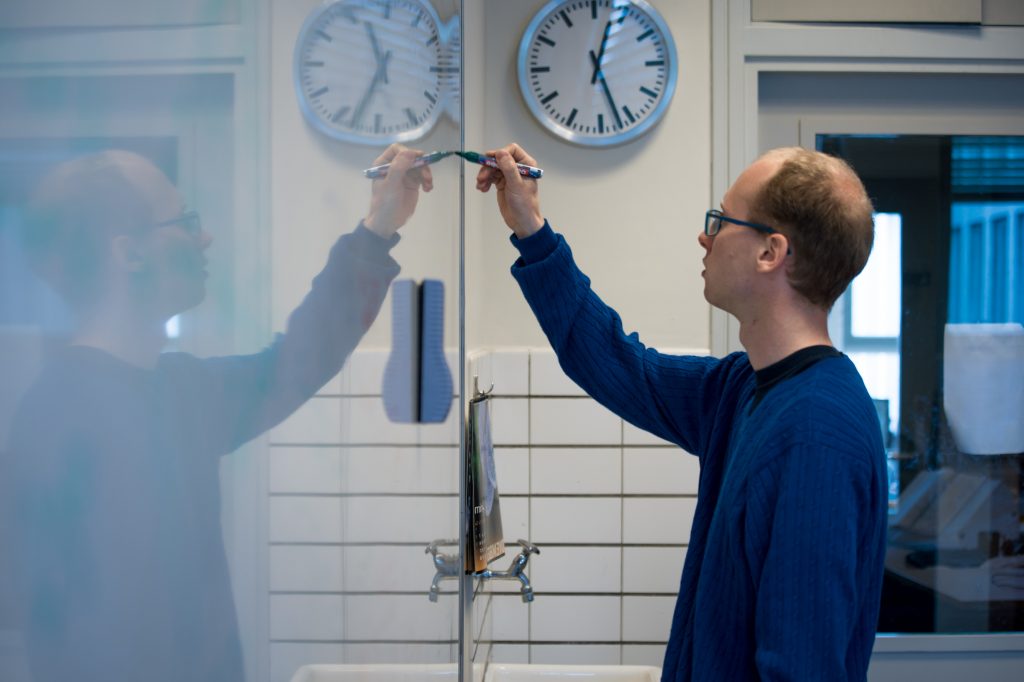Innovation &
collaboration
Partnerships to accelerate development
Quantum technologies are complex – so complex that no single research group or organization can realize on its own, the promise of quantum computing or quantum internet. Collaboration is essential for innovation. Leaders from academia, engineering, and industry are looking to work together to exploit quantum technology’s potential. QuTech brings them together in strategic collaborations, to build better prototypes and to develop and commercialize them successfully.
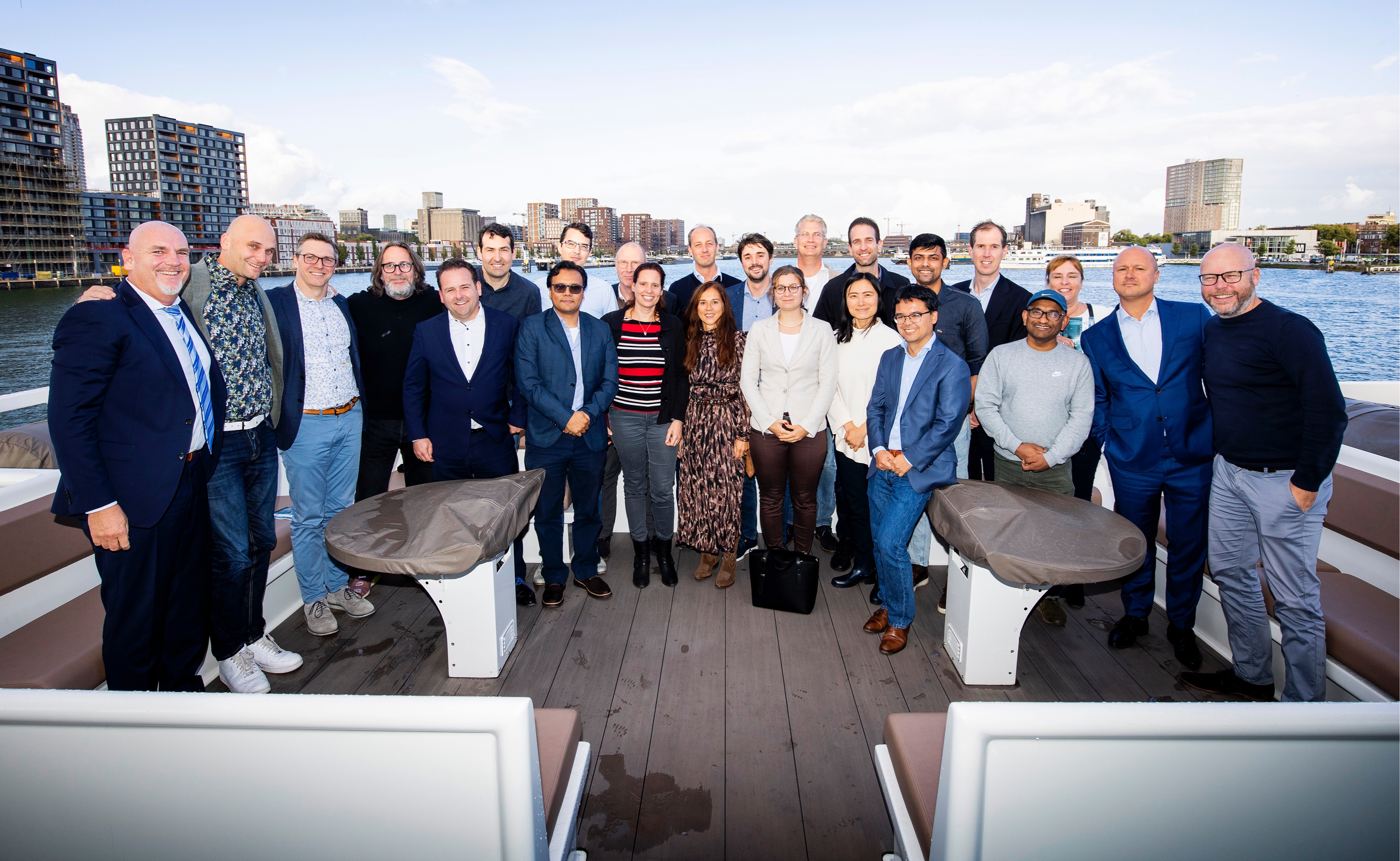
Model of the quantum processor used in the research. The qubits are formed by the nitrogen-vacancy center (green and blue), and 13C nuclear spins (orange). By spreading out a single qubit of information over five entangled spin qubits (purple connections), a logical qubit of information is formed that can be operated fault tolerantly. Credit: Taminiau lab at QuTech.
Partnerships to accelerate development
Highlights
The year 2022 started with a Memorandum of Understanding for close cooperation between QuTech and Fraunhofer. The two institutes agreed to collaborate on the development and deployment of complex quantum communication networks across borders or around hubs in Germany and The Netherlands. They will also collaborate to develop integrated photonics solutions for such networks.
In March, scientists from QuTech and engineers from Intel formally delivered the first qubit made in the same industrial manufacturing facilities that mass-produce conventional computer chips. They achieved this major technological feat through close collaboration and extensive knowledge sharing. The results were published in Nature Electronics.
On October 21st it was announced that SURF and QuTech will combine strengths in the LUMI-Q project. They’ll collaborate with consortium partners to enable a hybrid classical-quantum workflow between the high-performance computers of LUMI and SURF, the quantum computer of LUMI-Q, and the quantum computers in the Quantum Inspire network. This will provide Europe with a powerful infrastructure to experiment with new hybrid algorithms and workflows that combine the best of supercomputers and quantum computes in one network.
On November 23rd, scientists from QuTech and Eindhoven University of Technology published new ground-breaking qubit research in Nature. Their research demonstrated the existence of an equal-spin electron pairing by using quantum dots defined in a specially grown semiconductor nanowire.
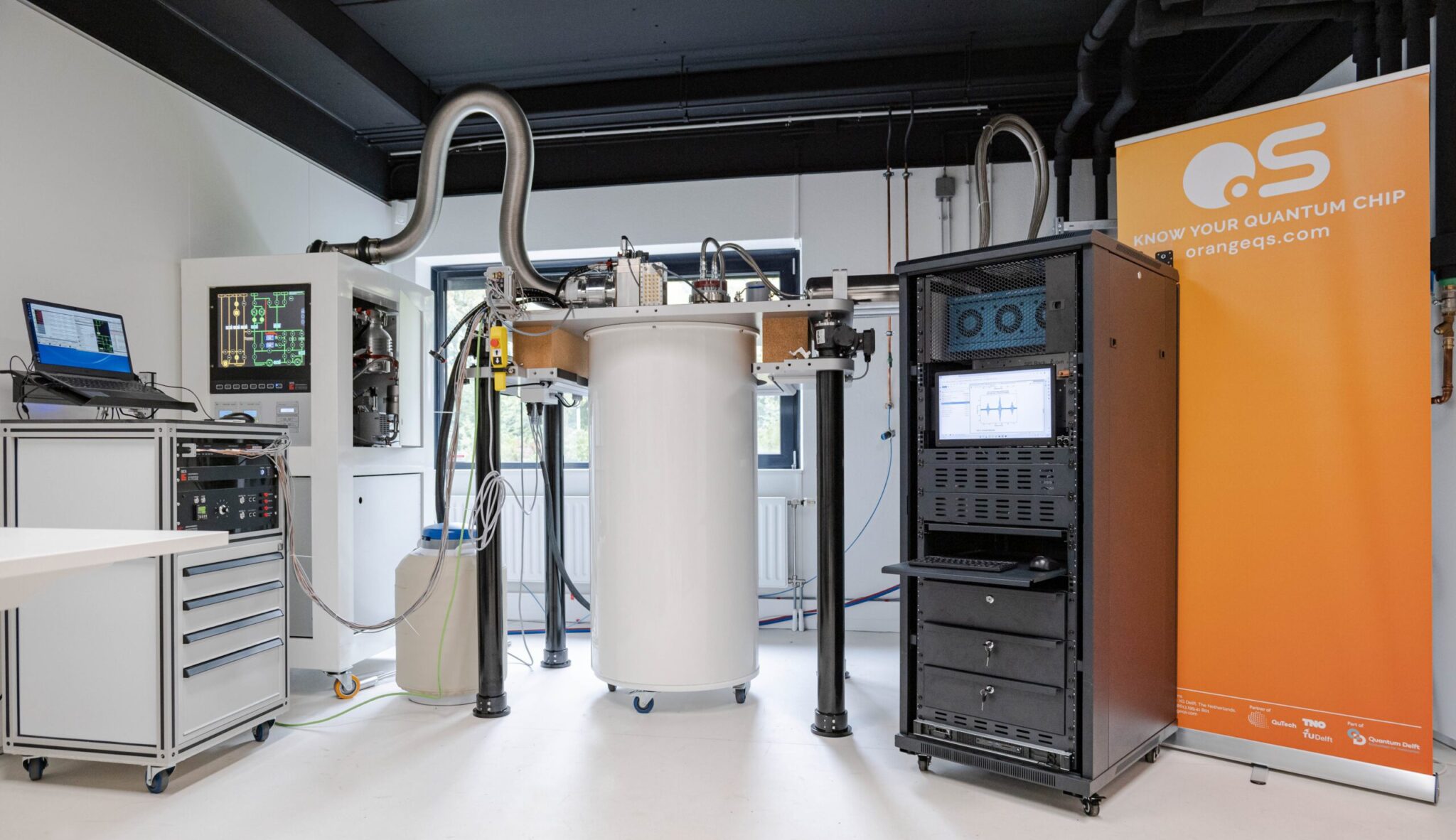
QuTech entrepreneurs: spin-offs, spin-outs and patents
Highlights
After operating as an engineering group inside QuTech for three years, Q*Bird launched as a new startup! Q*Bird provides technology for quantum secure networking, upgradable to future connectivity.
On March 31st, QuTech spin-out QBlox announced it would become the first Dutch company to join the Quantum Economic Development Consortium. The QED-C is an industry-driven consortium with the mission to enable and grow a robust quantum-based industry and related supply chain.
In May, QphoX and QuantWare joined forces in a collaboration to build a new quantum interface that will enable more efficient and scalable means for networking superconducting quantum processors. And in June, QuantWare was awarded €7.5 million from the European Innovation Council to rapidly scale superconducting quantum processors.
On September 14th, QuTech spin-out Orange Quantum Systems was one of the winners of the first ‘Quantum SME call’. They were awarded over €1 million for their proposal ‘DiagnostiQ’, which aims to develop new characterization systems for next-generation superconducting quantum devices. The project is a collaboration with the DiCarlo lab at QuTech. Three other QuTech spin-outs also submitted proposals that were granted: QBlox, QuantWare, and Q*Bird (quantum cryptography lab).
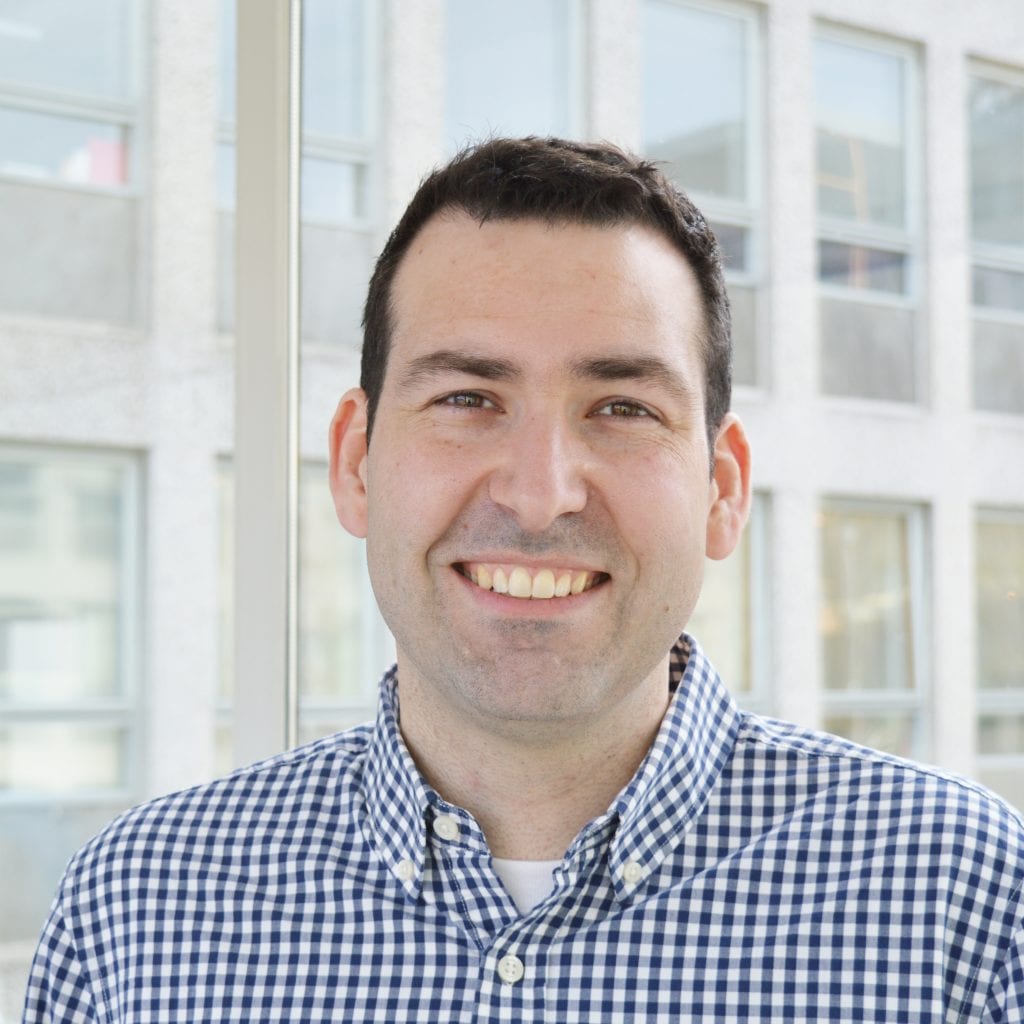
Joshua Slater, Q*Bird
“There's just so much that could be built and achieved, and I want to be a part of it.”
Read more

Joshua Slater, Q*Bird
“There's just so much that could be built and achieved, and I want to be a part of it.”
“The formal founding of Q*Bird at the beginning of 2022 was one of the big highlights of the year. Something that was three years in the making. Another big one was when we ‘graduated’ from being an internal part of QuTech to becoming a standalone entity later in the year. A third highlight was when the first real funding came in. Of course, money is great, but what felt really good was that we finally got that external validation. It was really like: “Wow, someone trusts us.”
I think the big benefit of QuTech was that it provided us with a safe, well supported environment. Being able to lay a foundation, shape our ideas and refine our plans for Q*Bird, was invaluable. Also, the QuTech brand brings a lot of value. It helped open doors and start early conversations with potential partners and customers.
I find the things we're doing truly interesting and fun. I really think we can build fantastic devices that people might want and enjoy. It’s exciting to see the potential of a communication web covering the Netherlands and extending into other countries using our equipment. There's just so much that could be built and achieved, and I want to be a part of it, honestly.”
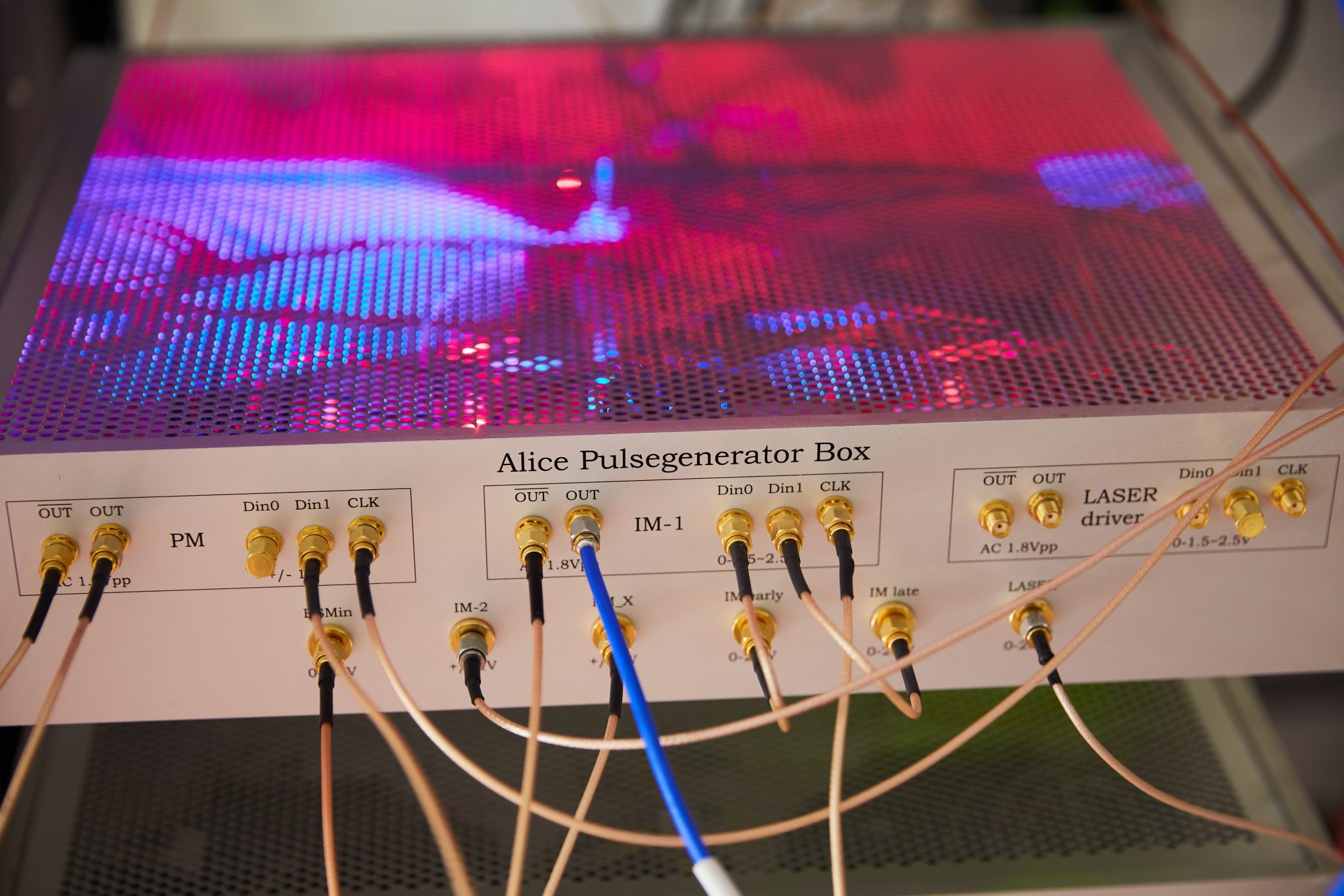
Demonstrators
Highlights
In July, QuTech, Eurofiber, and Juniper Networks launched a quantum testbed connecting several datacenter locations in The Netherlands. This testbed enables, amongst other applications of quantum cryptography, a way for partners to explore secure communications based on the fundamental laws of quantum physics.
QuTech’s spin-off Q*Bird will be deploying a new type of secure quantum network that can connect multiple users via a central hub in a cost-effective and scalable manner. As a first step in the test, the central hub for the distribution of quantum keys will be hosted at the Port of Rotterdam Authority. Using this new technology, data will be exchanged between several parties in the port in a closed environment.
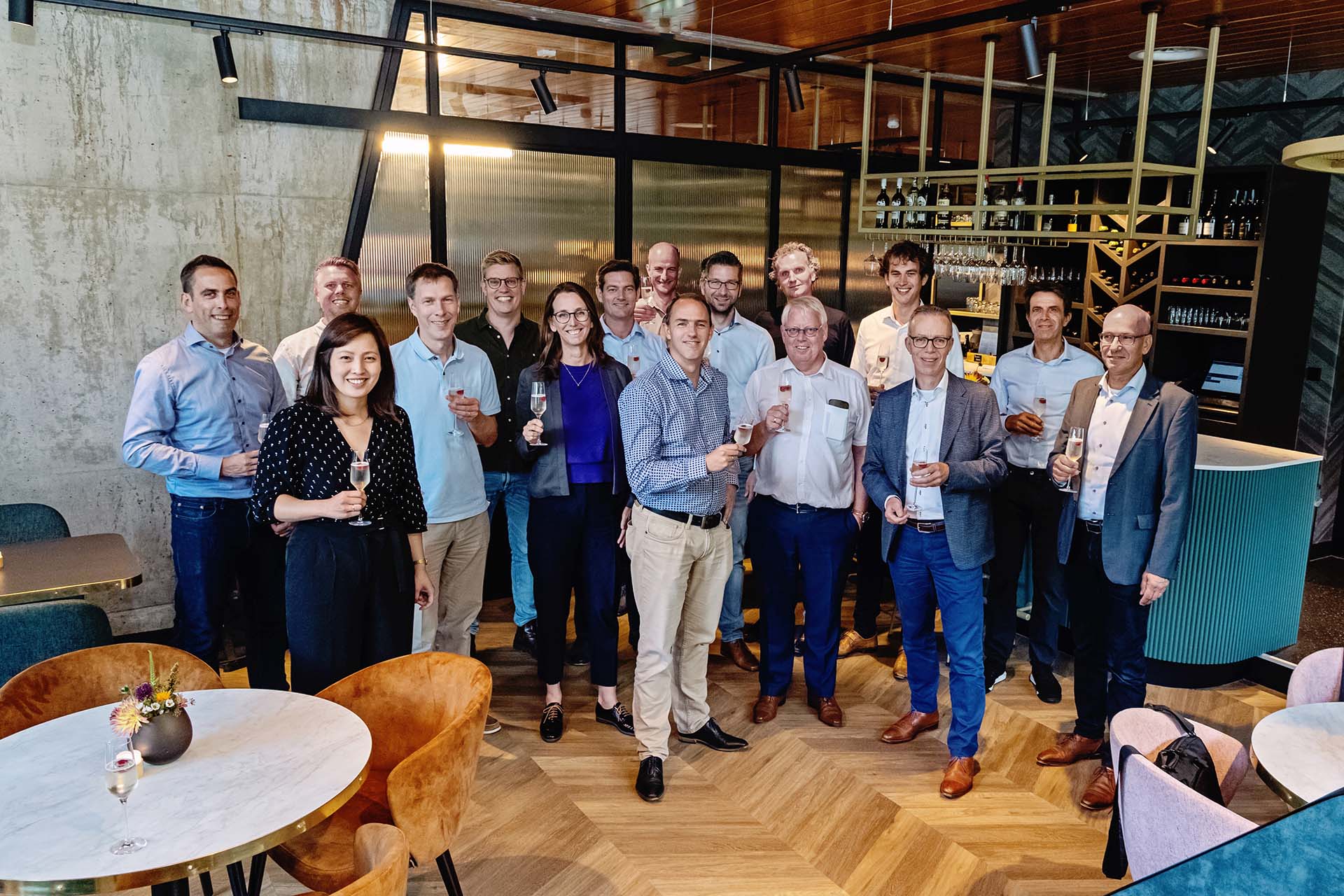
Building a thriving ecosystem
Highlights
In October, the Quantum Internet Alliance (QIA) - led by QuTech - kicked off a seven-year program to build an innovative Quantum Internet ecosystem in Europe. The first phase has a budget of 24 million euro. The European Quantum Internet Alliance is an established world-leading team consisting of 40 partners, including academic institutions, telecom operators, system integrators, and quantum tech startups across Europe. Their common goal is to address all challenges towards building a world-first prototype of a large-scale quantum network in Europe.
In November, the first location of the House of Quantum was officially opened by Quantum Delta NL. The House of Quantum is to become the world’s first national quantum campus consisting of several multi-tenant buildings for quantum companies across the Netherlands.
In Q4, the official kick-off of the new QuTech building design process took place. QuTech will be based in a new building on the southern part of TU Delft campus in the development area called the Kluyver area. This area will be developed into a lively environment with new facilities for education and research, where meetings and cooperation will be encouraged.
